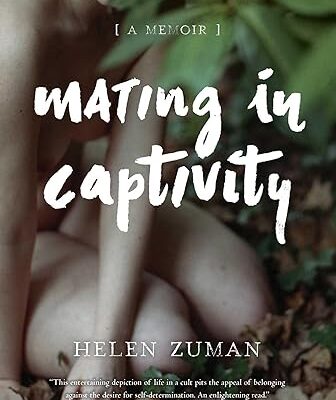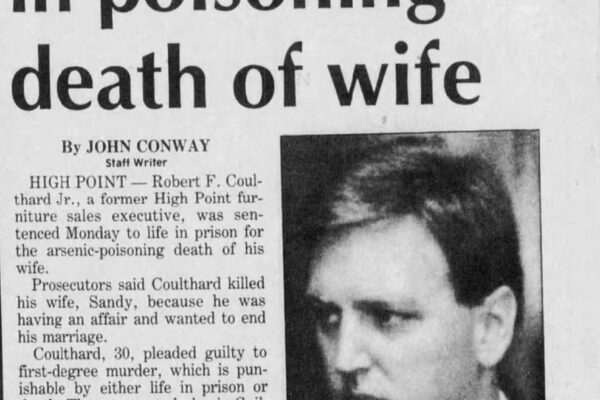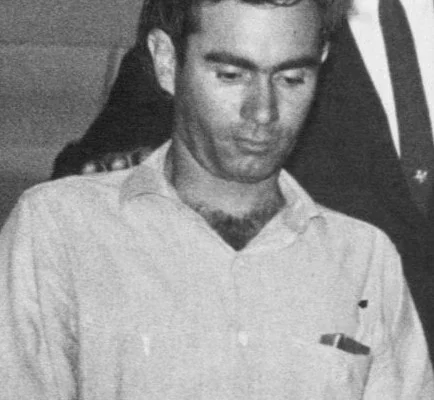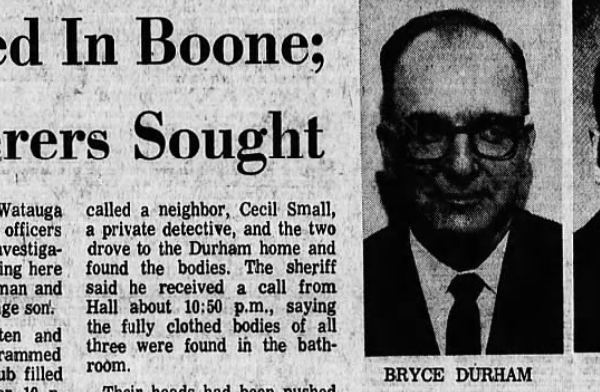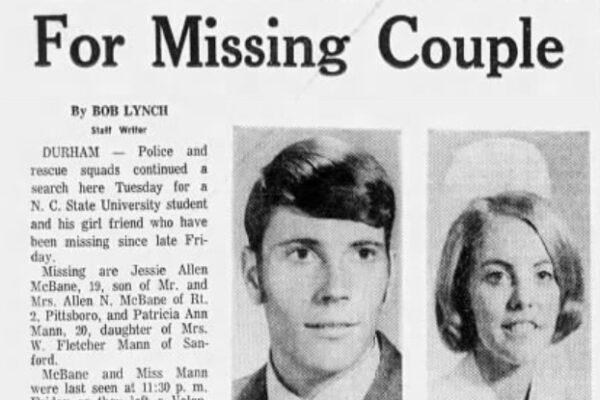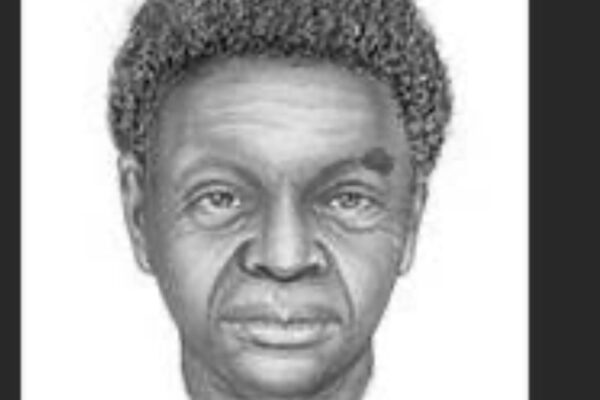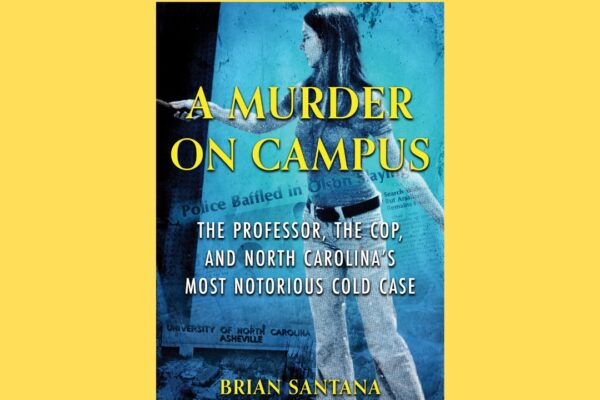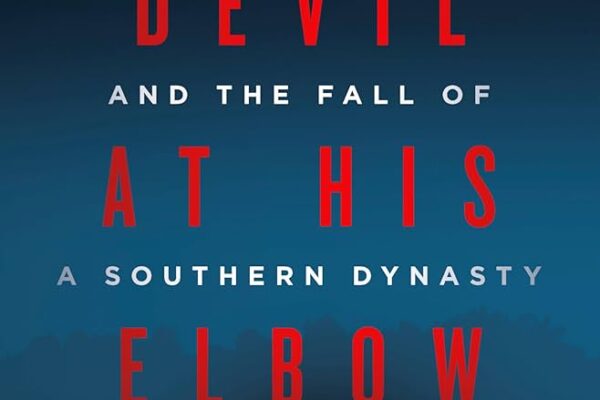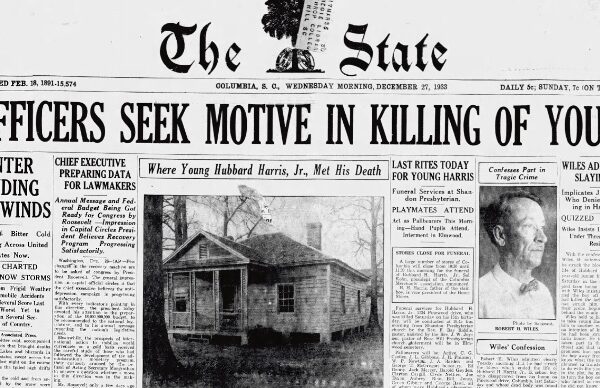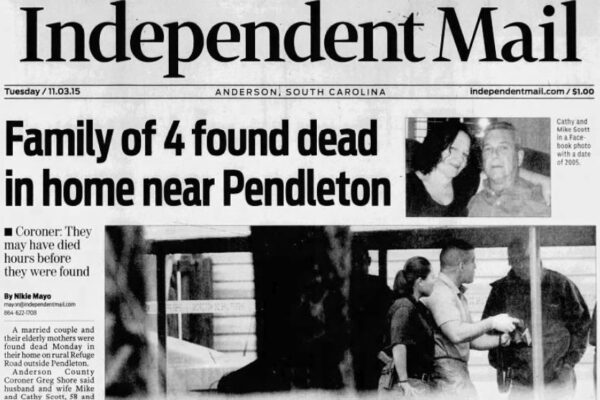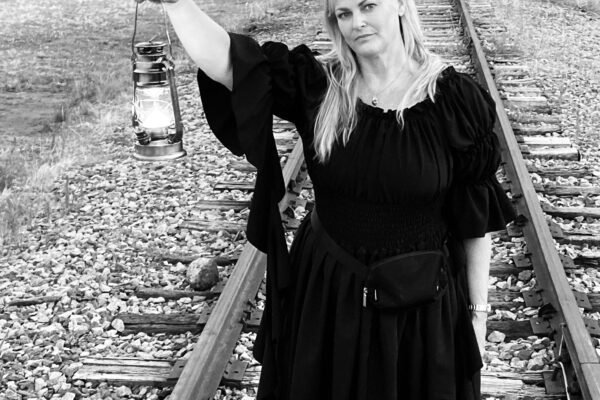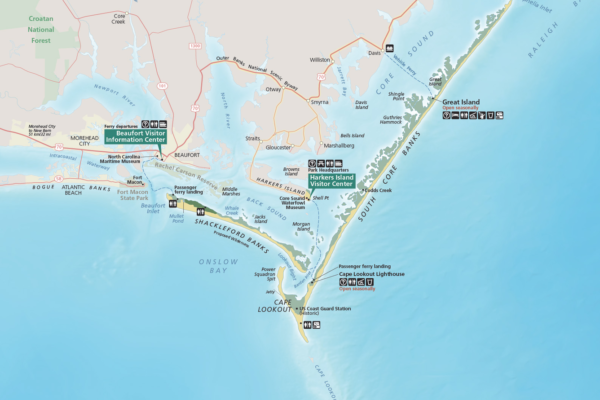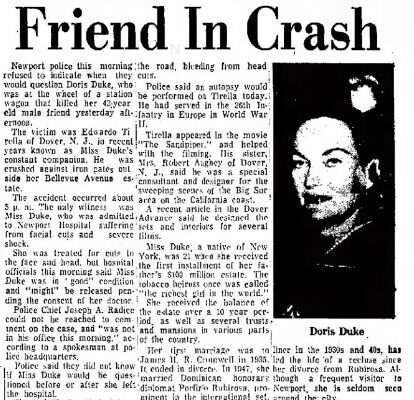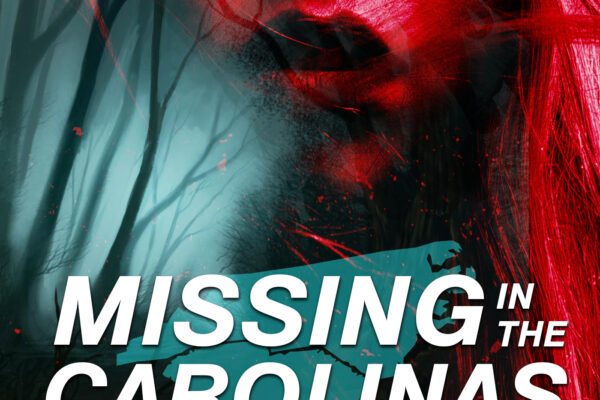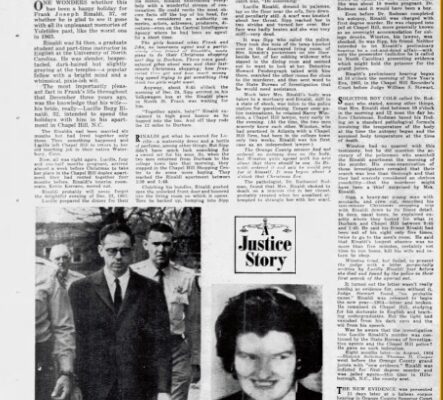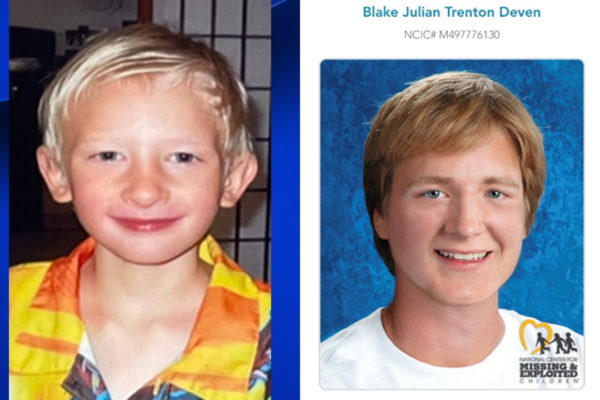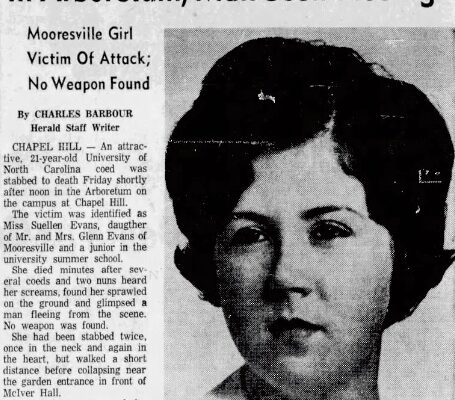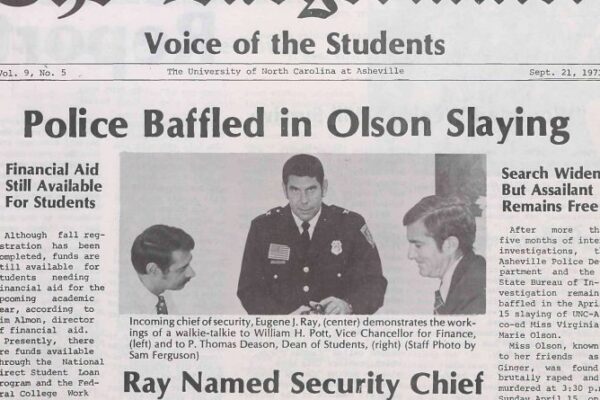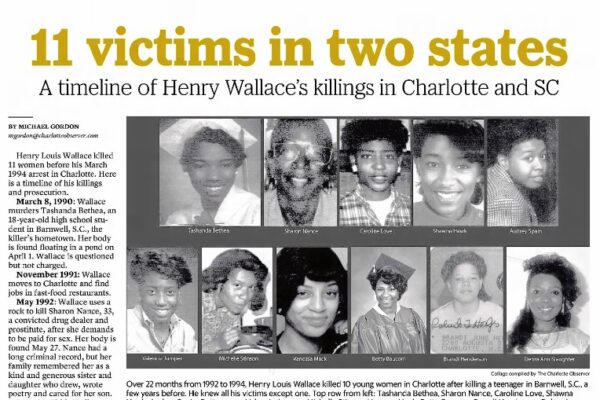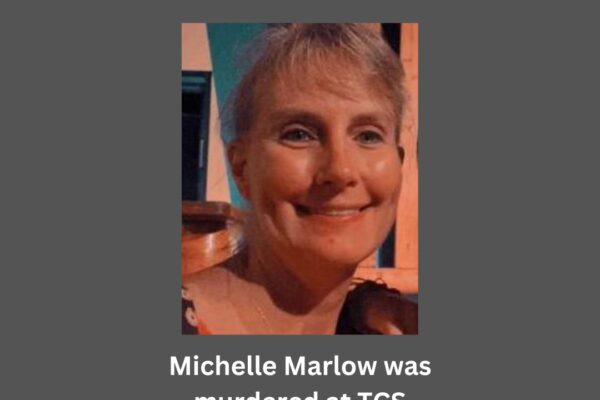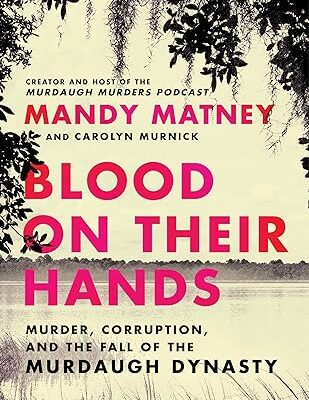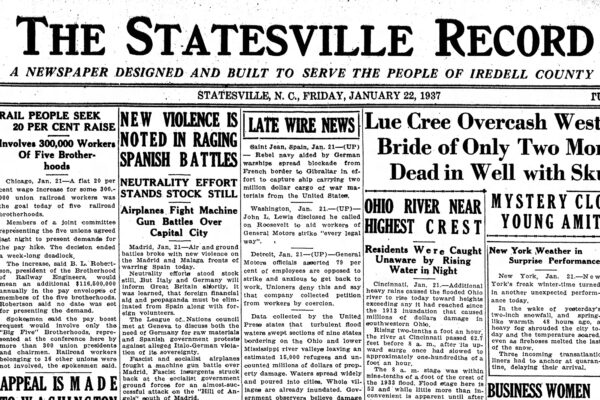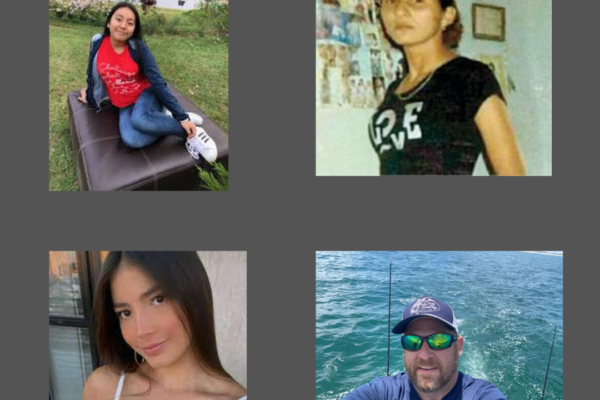I wanted to do feature an end-of-year analysis this year, because our production schedule has changed and we’ve seen a tremendous amount of growth since December 2021. In this episode I’ll discuss a little bit of the methodology that goes behind creating the episodes, where I get my ideas, and some good old-fashioned stats.
I made the decision this fall to go from a bi-weekly production schedule to a weekly schedule. I did this for a few different reasons, even though it created more work for me but I wanted to be able to create an environment more attractive for interested sponsors. This year found me weaving more true crime stories from the Carolinas into the episodes, and those have proven to be popular. I’m also focusing more on interviews, whether it’s from families of missing people or true crime authors. I like having the flexibility of the interview format and hope to do more of it in the coming year. All in all, we released 28 new episodes this year, including this one.
Now, let’s talk about how I got some of my ideas for this year’s shows.
I’ve spent a lot of time reading true crime books from our area as well as a variety of true crime documentaries. One that really caught my attention was the Netflix documentary “The Confession Killer,” which focused on the false confessions of self-proclaimed serial killer Henry Lee Lucas. Here’s a clip from Episode 61, a Behind the Scenes Look at Missing in the Carolinas where I talked about how I first heard this story:
This past summer I found a podcast called “Morally Indefensible,” and it explored the relationship between convicted murderer Jeffrey MacDonald and true crime writer Joe McGinnis. I found it fascinating, and that made me think about the made-for-tv movie about the case that aired in the 1980s. I began researching other North Carolina crimes that resulted in tv movies of the week and it became Episode 65. In that episode I discussed Jeffrey MacDonald, Timothy Hennis, Susie Lynch and Fritz Klenner and the murder of Leith Von Stein.
In late August of this year, news broke that a professor had been shot by a grad student at the University of North Carolina campus. This brought back the memory of the 1995 shooting that also took place on the campus, when a student named Wendell Williamson opened fire on campus, killing innocent bystanders in the process. That took place in 1995 when I had friends attending the university, so I began researching the details to jog my memory. The result was Episode 63: The 1995 Shooting on the UNC Campus.
I wanted to do something different for an episode in October, as it was National Cybersecurity Awareness Month. I was a little hesitant to do that, since the majority of the episode wouldn’t be about the Carolinas specifically. But while I was reaching out to expert sources in the subject matter, I became the victim of what is called the Zelle Me to Me scam. I decided to share the story in Episode 69-How to Avoid Being the Victim of a Cybercrime. I thought maybe my story of losing more than $3,000 that my bank wouldn’t refund could potentially help someone else. Here’s a brief clip of my story as a refresher:
After the episode aired, listeners genuinely seemed appreciative of the information I was sharing. But in case you heard the episode and are wondering what the outcome was, I have a nice footnote to the story. After being turned down twice by my bank for my claim, I filed a police report and one with the FBI cybercrimes unit. Then I went to my identity theft insurance, because I could prove I had a debit and credit card stolen at the same time someone called me pretending to be from my bank. The identity theft insurance also turned me down.
I then e-mailed our local consumer affairs reporter in Charlotte, Jason Stoogenke with WSOC-TV, and he asked if he could interview me. He’d covered stories about the exact same scam before. He reached out to my bank to ask if they could refund my money because Zelle had announced this past fall that they would refund people who were victims of imposter scams. Less than a week later, the money I lost through the Zelle Me to Me scam was deposited back into my account and the bank sent me a letter stating they had revaluated my claim.
Let’s talk about the top five downloaded podcasts of this past year. They’ve all received between 2,500 to 2,7000 downloads since around the middle of this year, with no special advertising of the podcast.
The fifth downloaded podcast episode of the year is Episode 54-The Murders of Pamela Murray and Beverly Sherman. These are two cold cases from Asheville that have yet to be solved.
Number four is Episode 52, Not Reported Missing, featuring the current case of missing Madalina Cojocari and the closed cases of Zahra Baker and Erica Parsons.
The third most downloaded episode is Episode 62-Two Cold Cases from Western North Carolina. Like the previous episode mentioned, these two unsolved murders are from the area where I lived as a teenager and college student. Amber Lundgren’s murder occurred in 1997, with Nancy Morgan’s murder taking place in 1970.
The second most downloaded episode for 2023 is Episode 55-Missing in the Water. I took a look at missing persons cases involving bodies of water in the Carolinas.
And now we’ve reached the most downloaded episode of 2023. It was Episode 59: Coastal Mysteries and Murder in Myrtle Beach. I shared the stories of the murder of Heather Stiglino, the missing persons case of Heather Elvis, Gloria Kim Smith, who went missing from Long Beach in 1988, and a missing persons case from Carolina Beach that dates back to 1941.
Overall, we’ve received 161,000 downloads since launching the podcast in May 2020. The podcast has had 71,200 downloads in the past twelve months. As I mentioned earlier, I began releasing weekly episodes on September 8 of this year. I’ve had an editorial intern helping me along with the occasional help of a freelance writer. Other than that, I still do the majority of the research and writing of the podcast and my husband helps out on the production side with editing.
Here are some other stats about the show:
The most downloaded episode remains the very first one, “Three Mysteries in the Carolinas.” This is the one I produced during the pandemic when I finally decided to try my hand at podcasting, and I discussed my interest in the Kyle Fleischmann, Zebb Quinn, and Liz and John Calvert cases from the Carolinas in that mini episode that ran under 20 minutes.
This year I also took a look at my Spotify Wrapped stats and that was fun. I learned that 65 percent of my listeners on the app found the podcast this year. Missing in the Carolinas has been streamed in 58 countries, with the top one being the United States. People who like true crime, society and culture and history podcasts also listen to this one. We are a top 10 podcast for 3, 266 fans.
The most shared episode this year on Spotify was Episode 70-The Oldest Unsolved Murder in Mooresville North Carolina and Other Spooky Tales. Here’s a clip:
I’ve been very fortunate to have other true crime writers and researchers reach out to me with tips for future episodes. I’m hoping to do a separate limited series podcast about a cold case from North Carolina next year, so stay tuned for that.
Listen to the full episode here.







